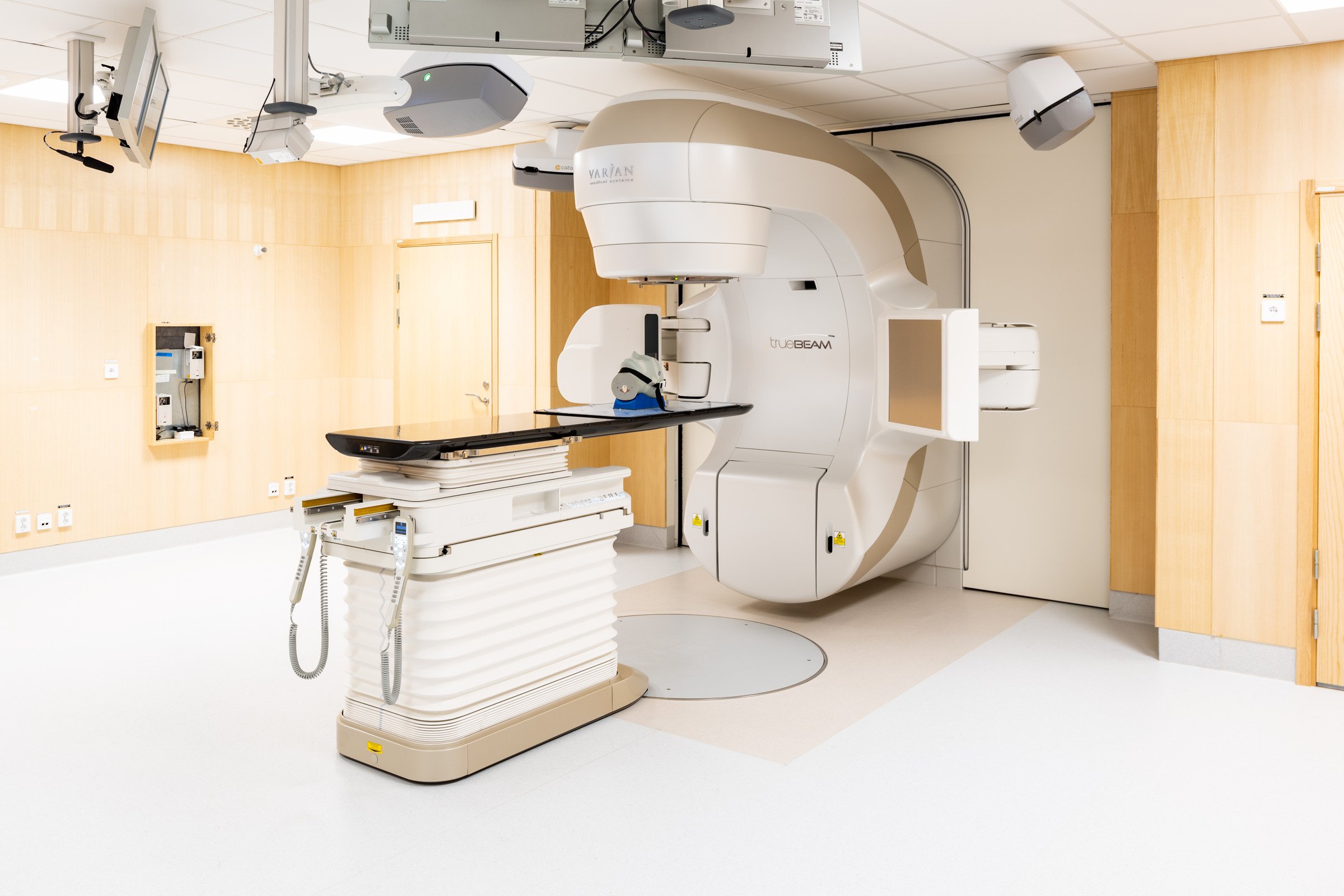Hematology
At the Hematology Center at Karolinska, we treat all forms of blood cancer and non-malignant hematological diseases, including hemophilia and mastocytosis. A wide range of treatments are administered, such as chemotherapy, immunotherapy, and autologous stem cell transplantation. To increase the potential of extended and improved life for patients with blood disorders, Karolinska focuses equally on healthcare, research, and education. Our goals are for all patients to feel safe and to get the best possible treatments, and we achieve this by offering top-quality care from our specialized team.
The Hematology Center at Karolinska is the largest of its kind in Sweden, and the collaboration between the center and the Karolinska Institutet ensures strong clinical and translational research. The clinical, experimental, and epidemiological environments facilitate internationally successful research.
